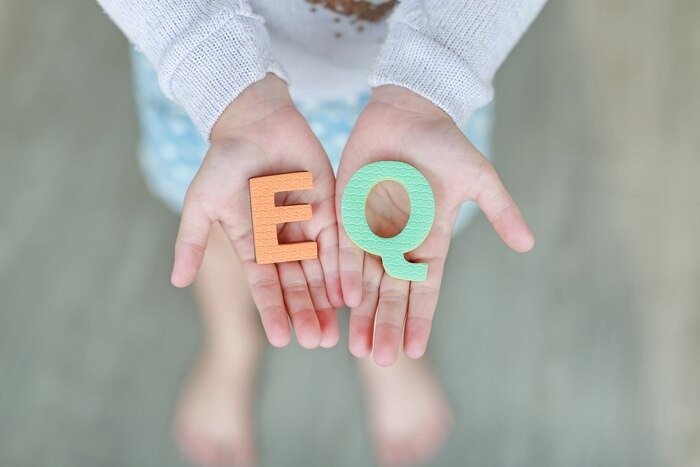ThreePsychological TestImportant for Everyone to Know
You may have thought about how to identify your own and others’ traits using credible psychological tools. In this section ofSelMagzwe introduce you to three valid and scientific personality and psychological tools that everyone should know.
First Psychological Test: Career Path Identification or Appropriate Career Determination Test
The purpose of the career anchor test is self-evaluation that helps you manage your career choices. By understanding your career anchors, you realize what you expect from your job.
As a result, instead of allowing organizations and others to guide your career path, you should gain a clear understanding of your career goals. This can only happen if you clearly know what you are good at, what your motivators are, and what your values are.
What information does the career anchor test provide us?
The career anchor test helps individuals understand what type of job they are looking for, why they are dissatisfied with their current job, and what they can do to solve this problem.
By taking the career anchor test, you learn which anchors represent your core values and internal forces on your career path and which types of jobs will lead to your satisfaction. This test is useful for those who want to start their career and are looking for proper guidance.
By taking this test, the following career anchors are introduced as your main values and preferences:
- Technical-Functional Anchor
- Managerial Competency Anchor
- Autonomy and Independence Anchor
- Security and Stability Anchor
- Creative Entrepreneurial Anchor
- Service and Commitment Anchor
- Challenge and Pure Competition Anchor
- Lifestyle Anchor

Second Psychological Test: MBTI Personality Test
One of the most recognized personality tests
Extraversion (E) – Introversion (I)
The duality theory of personality explains how people respond and interact with the world around them. Extraverts are “outward” and tend to be action-oriented. They have numerous social relations and enjoy these interactions.
Introverts are “inward” and prefer thinking; they have fewer social connections but enjoy deep and meaningful social interactions.
Sensing (S) – Intuitive (N)
People spend varying amounts of time sensing or intuiting depending on the situation. Those who are sensing focus on tangible reality and what they perceive through their five senses. They concentrate on facts and details and enjoy experiencing things. People who are intuitive focus on patterns and perceptions and enjoy thinking about abstract issues and aspects.
Thinking (T) – Feeling (F)
Those who prefer thinking emphasize facts and objective data, considering consistent, logical, and non-personal options in decision-making. People who are feeling consider emotions in their decisions.
Judging (J) – Perceiving (P)
Those leaning towards judging prefer firm decisions, whereas perceiving individuals are generally more open, flexible, and adaptable.
Third Psychological Test: Bar-On Emotional Intelligence Test
To what extent can you consider your own and others’ emotions and feelings in your decision-making?
Emotional intelligence (EQ) is a type of intelligence that refers to understanding your feelings and those of others for making appropriate decisions in life. The significance of being aware of emotional intelligence is substantial, as its development can differentiate between failure or success in your personal and professional life.
The Bar-On emotional intelligence test, also known as EQ test, emotional intelligence test, or affective intelligence test, examines fifteen components of emotional intelligence, including independence, social responsibility, empathy, self-assertion, problem-solving ability, flexibility, self-actualization, emotional self-awareness, self-esteem, interpersonal relationships, impulse control, realism, stress tolerance, happiness, and optimism. Various tests have been designed to measure emotional intelligence.

Dimensions of Bar-On Emotional Intelligence
Bar-On emotional intelligence includes abilities such as self-motivation, perseverance in the face of adversity and frustration, controlling impulsive behaviors, delaying desires, regulating emotions, and preventing stress from overwhelmingthinking, empathizing with others, and maintaining hope.
Intrapersonal
Reflects your internal skills, capacities, and abilities.
Interpersonal
Reflects interpersonal performance and skills.
Adaptability
Indicates the ability to respond to environmental characteristics and needs in problematic situations.
Emotion and Emotion Management
Indicates the ability to effectively manage and cope with stress.
Is emotional intelligence (EQ) more important than cognitive intelligence (IQ)?
Emotional intelligence is more important than cognitive intelligence because it serves as a smart way to achieve goals. Individuals with only good cognitive intelligence (IQ) cannot achieve complete success without emotional intelligence.







